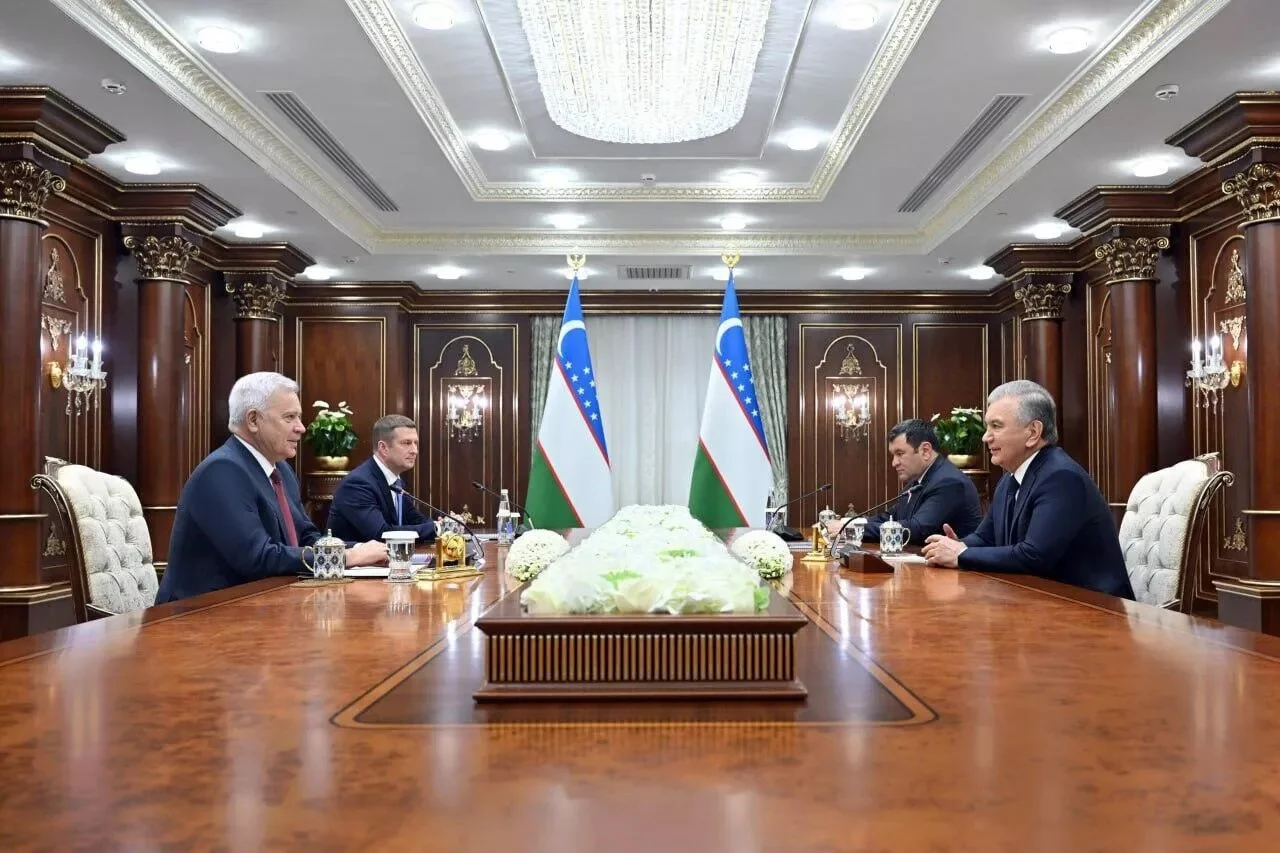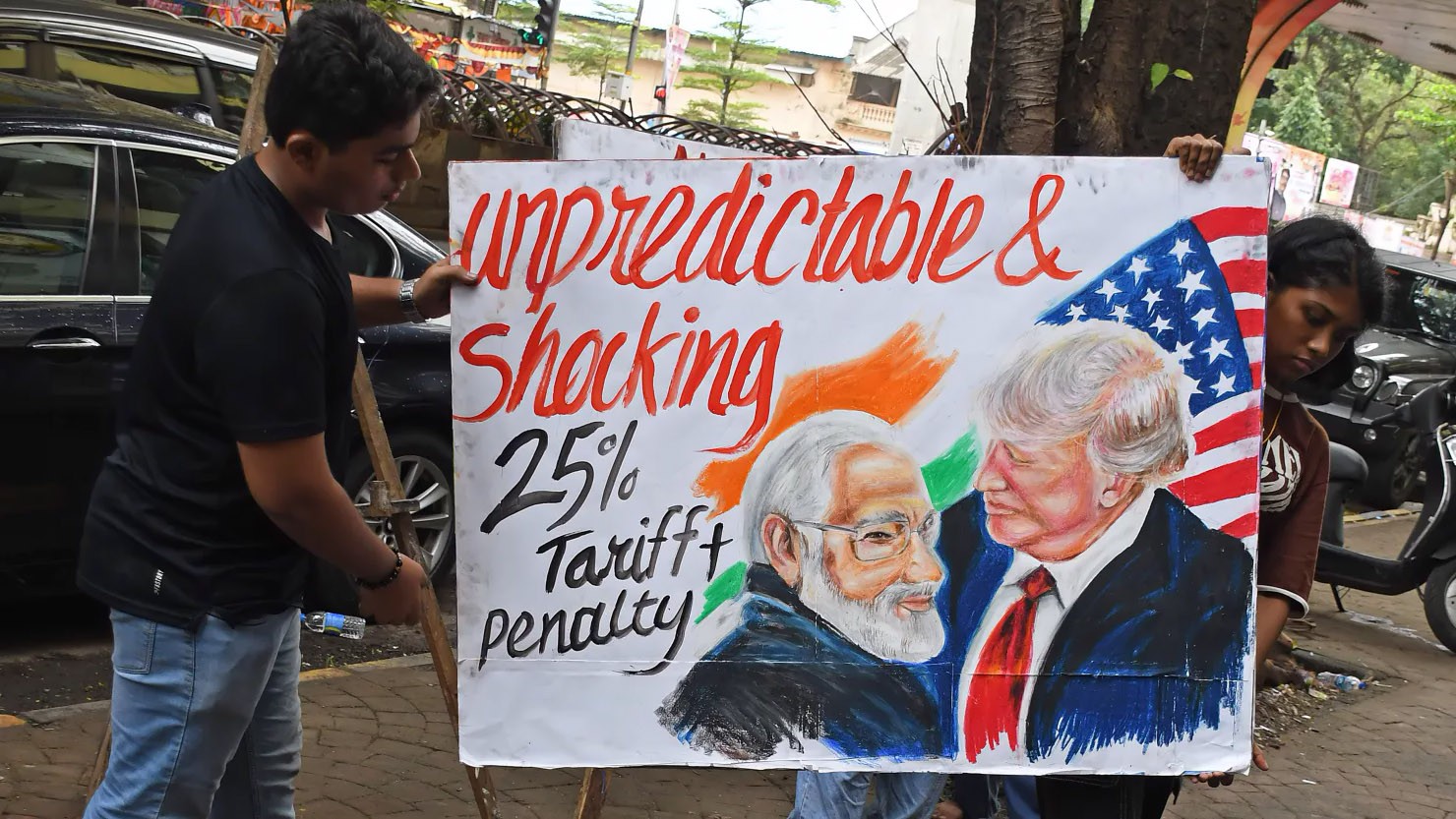Another sanctions package adopted by the European Union in July drew a sharp reaction from the Russian oil giant. The eighteenth package of restrictions included the Indian company Nayara Energy — one of the largest oil refiners in the South Asian market, in which Rosneft owns 49.13% of the shares.
The EU officially added Nayara Energy to the list of sanctioned entities, citing the need to reduce Russia's income from energy exports, especially to countries that actively purchase Russian oil after 2022. The blow to Nayara Energy became a precedent — previously, European restrictions did not apply to assets in countries that do not formally support the anti-Russian sanctions policy.
Against the background of this decision, Rosneft issued a tough statement in which it called the EU's actions " unjustified and illegal." The company emphasizes that Nayara Energy pays all taxes in India, and its profits are not withdrawn outside the country and are directed exclusively to the development of oil refining and retail capacities.
Today, Nayara Energy owns an oil refinery with a capacity of 400 thousand barrels per day and a network of almost 7 thousand gas stations across India. In addition, the company is implementing a project to build a large integrated petrochemical complex, which makes it an important element of the Indian energy infrastructure.
According to Indian business sources, Rosneft has been considering a possible exit from Nayara Energy for several years. One of the key reasons is the inability to repatriate profits due to the growing pressure of the sanctions regime.
The Russian side expects that the Indian company will take measures to protect the rights of shareholders and consumers, with the support of the governments of Russia and India. Moscow and New Delhi have been building a deep strategic partnership in energy, trade and investment over the past few years, which adds an additional political dimension to the incident.
Meanwhile, an official from the Ministry of Foreign Affairs of India confirmed that the country does not recognize unilateral sanctions and will continue to follow its own foreign economic policy.
The Nayara Energy episode may be an indicator of the future relationship between global power centers and neutral markets. Europe continues to increase pressure on Russia's economic interests outside its region, which affects more and more states that previously remained neutral.











